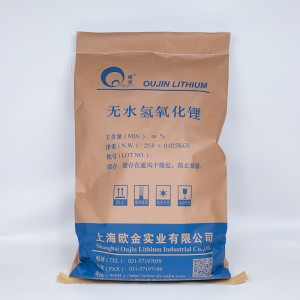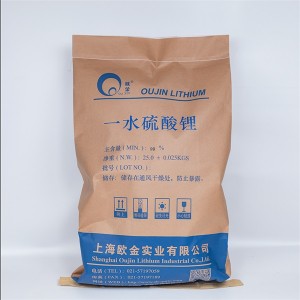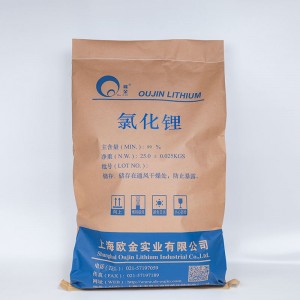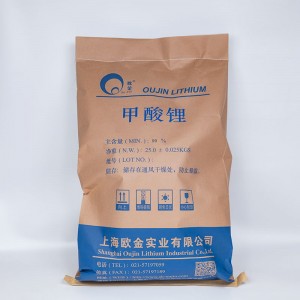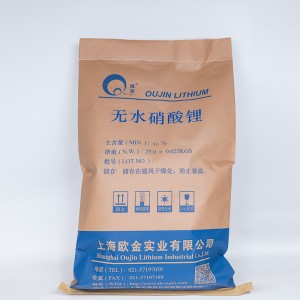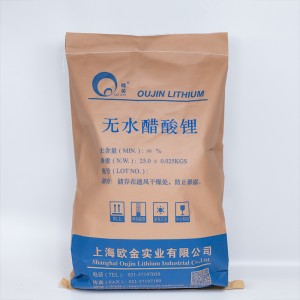
Products
Anhydrous lithium hydroxide
| Appearance traits | White tetragonal crystal | Molecular weight | 23.95 |
| pH(1mol/L) | 14 | Solubility | Soluble in water, slightly soluble in ethanol |
| Melting point(℃) | 471.2 | Relative density(water=1) | 1.46(Anhydrous)1.51(Monohydrate) |
| Molecular formula | LiOH |
Chemical characteristic
It is easy to absorb carbon dioxide and moisture in the air, but the absorption capacity is slightly worse than NaOH and KOH. Lithium hydroxide has basic properties, and the following reactions can occur.
1. Alkaline reaction
It can make the purple litmus test solution blue and colorless phenolphthalein red; and its concentrated solution can denature phenolphthalein through experiments and make the solution change from red to colorless (similar to concentrated NaOH).
2. Neutralize with acid
HCl+LiOH=LiCl+H2O
3. Reacts with acidic oxides
2LiOH+CO2=Li2CO3+H2O (this reaction is used to absorb carbon dioxide in aerospace)
4. React with metal salt solution
FeCl3+3LiOH=Fe(OH)3↓+3LiCl
use
Lithium hydroxide can be used as a developing reagent and lubricating oil for spectral analysis. The additive of alkaline battery electrolyte can increase the electric capacity by 12%-15% and increase the service life by 2 to 3 times.
It can be used as an absorbent for carbon dioxide to purify the air in the submarine.
The chemical equation is: 2LiOH(s)+CO2(g)=Li2CO3(s)+H2O(l).
Used to make lithium salt and lithium-based grease, electrolyte for alkaline storage batteries, absorption liquid for lithium bromide refrigerators, etc.; for petroleum, chemical, light industry, and nuclear industries. When used in alkaline storage batteries, the aluminum content is not more than 0.06% and the lead content is not more than 0.01%. Used as an analytical reagent, photographic developer, and also used in the manufacture of lithium; it is to be used as a raw material for preparing lithium compounds. It can also be used in metallurgy, petroleum, glass, ceramics and other industries.


